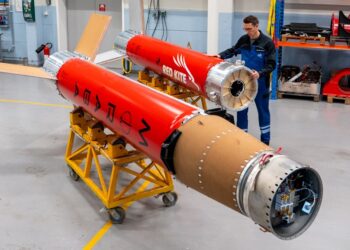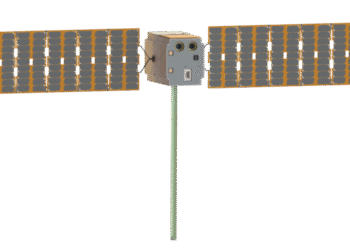Small businesses are at the forefront of innovation in NASA’s latest TechLeap Challenge, providing fresh ideas and novel technologies to advance space exploration. NASA has enlisted the help of these companies to tackle some of the most complex challenges in aerospace and space science.
One of the key objectives of the TechLeap Challenge is to leverage the ingenuity and agility of small businesses. These companies often bring unique perspectives and solutions that larger organizations may overlook. By fostering a competitive environment, NASA aims to encourage rapid development of cutting-edge technologies.
Notable Contributions from Small Businesses
The contributions of these small enterprises are diverse and promising. Some of the areas of innovation include:
- Advanced propulsion systems that enhance fuel efficiency and reduce emissions.
- Innovative instrumentation for better data collection and analysis in space missions.
- Compact and energy-efficient power systems suitable for various space applications.
These innovations are not only crucial for NASA’s objectives but also open pathways for broader applications, including commercial space ventures and Earth-based technologies.
The Benefits of the Partnership
The collaboration with small businesses through the TechLeap Challenge offers several advantages:
- Access to a diverse pool of talents and ideas that stimulate creativity and unconventional approaches.
- The ability to implement and test solutions more rapidly compared to traditional methods.
- Fostering an ecosystem where small enterprises can scale their operations through NASA’s support and visibility.
The impact of these collaborations extends beyond the realm of space science; it contributes to economic growth and technological advancement in other sectors as well.
For further information and a deeper dive into specific projects and technologies developed through NASA’s TechLeap Challenge, visit the official NASA article.






















